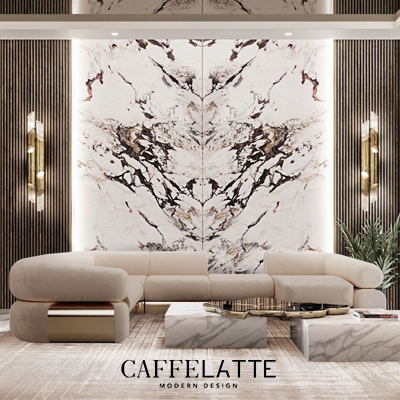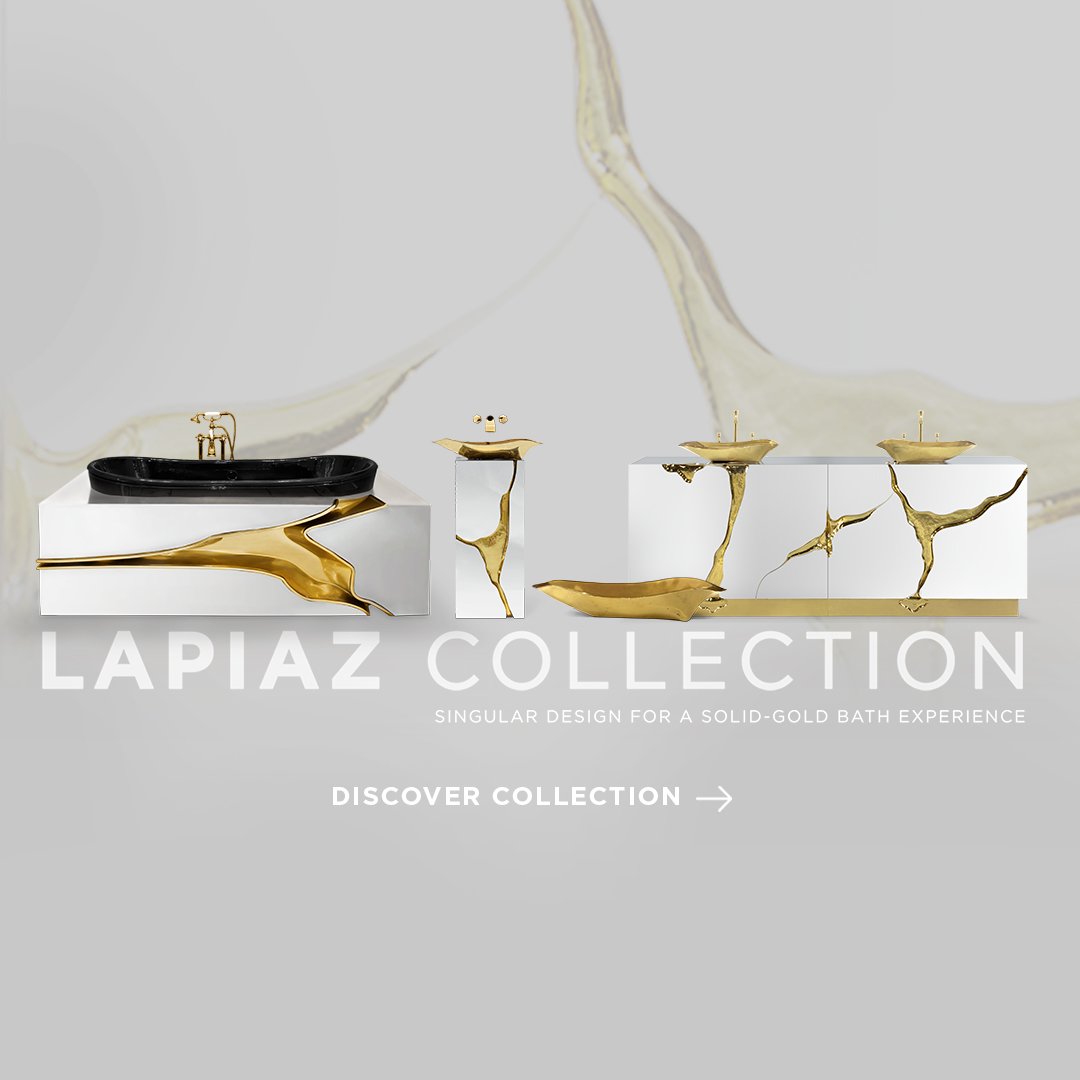Choosing the perfect material for one’s bathroom countertops can be a hard task, thanks to the abundant options available at nearly every price level. But because bathroom surfaces typically don’t face the same abuse as those in the kitchen, the decisions most buyers wrestle with are usually more about style and cost than Herculean strength. Fortunately, the top bathroom countertops materials on the market combine beauty and brawn in equal measure.
Quartz is one of nature’s hardest and most abundant minerals. In fact, nearly every type of stone contains some percentage of this ubiquitous material. Manufacturers of quartz bathroom countertops (familiar brand names include Caesarstone, Cambria, Zodiaq and Silestone) add pigments, resins and, occasionally, recycled content, to a base that is about 95 percent natural stone.
Pros:
Quartz is tougher than granite and doesn’t require sealing.
It’s naturally resistant to moisture, stains and bacteria.
It has a variety of edge treatments and installation options
Cons:
Quartz can rival high-end granite and marble in cost.
Honed and textured finishes will show fingerprints and smudges, so frequent wipe-downs may be necessary.
If your heart is set on granite, count yourself among an enduring majority. Despite encroaching competition from quartz, granite remains the premier choice among the varieties of natural stone, due to its dramatic beauty and seemingly endless variety of colors and patterns. Great example of beautiful bathroom countertops.
Pros:
A profusion of options: With patterns from subtle to bold and a rainbow of hues, you’re sure to find a slab that speaks your language.
Granite is hard and scratch resistant, and requires minimal upkeep when properly sealed.
It’s impervious to humidity or damage from a hot curling iron.
It lasts just about forever.
Because granite is so desirable, it’s likely to add resale value to your home.
Cons:
Granite is still one of the most expensive bathroom countertops choices.
Because there’s a real chance of damaging the slab if it isn’t handled properly, it’s best to hire a professional to do the job.
Though granite is recyclable, its transport and mining require extensive energy resources.
For centuries marble’s cool elegance has been synonymous with wealth and privilege. But thanks to improvements in its production, this rare beauty has become a bit more affordable. A hard, crystalline form of limestone, marble is often white with streaks of grays, although there are many color variations. One of our favourite bathroom countertops.
Pros:
Long lasting and strong enough to resist most chips or dents.
Can be polished for a high shine or honed for a casual, matte finish.
Adaptable to nearly every style.
Cons:
It’s expensive.
Marble’s porous nature makes it prone to stains, scratches and etching from acidic substances.
Requires periodic sealing to maintain the finish.
Ceramic tile can be a charming and informal surface material, especially in a Spanish colonial– or beach cottage–style bath. Boldly patterned tiles also make wonderful backsplashes and tub surrounds.
Pros:
Glazed ceramic tiles are resistant to heat, stains, scratches and moisture.
Tile is affordable, and individual tiles can be replaced if damaged.
The installation and pattern can be customized.
Cons:
Grout can attract stains and mildew and may be difficult to keep clean.
Tiles can crack or chip.
What do you think about this bathroom countertops? Which one is your favourite?




















































































